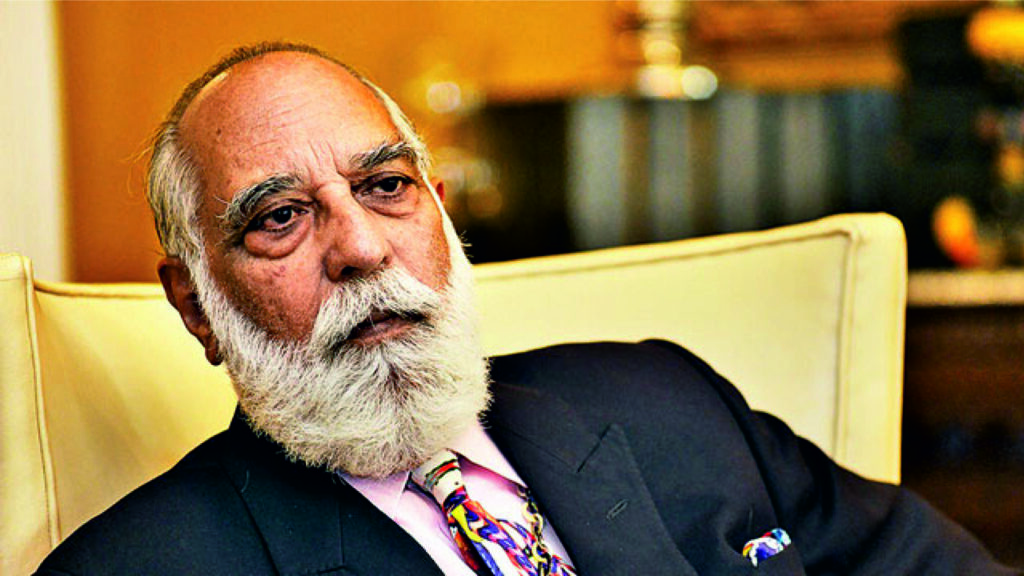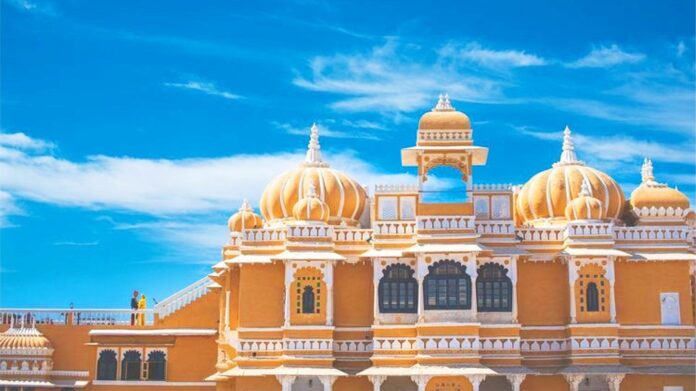In 2018, tourism across the world was worth about $1.7tn (£1.3tn), or about 2% of total global GDP. Of this, classic heritage sites, or countries known for their tangible and intangible heritage — palaces and forts, churches and temples — attracted almost 28% of the tourism traffic. Travellers, particularly discerning, affluent travellers, often opt to live in heritage hotels. The romance, nostalgia and the elegance of the past are some of the reasons they quote. Many like the idea of waking up in a heritage structure, where time has stood still. Room service could have guards in traditional headgear. This is where adaptive reuse of heritage building comes into play.

Heritage hotels, from palaces to mansions, from colonial-era homes to old Kolkata rajbaris, evoke a sense of beauty and elegance and are being restored into beautiful hotels. Shriji Arvind Singh Mewar, chairman, HRH Group Of Hotels and a member of Indian Heritage Hotels Association, is considered a pioneer in the heritage hotel space in India. He has said in an interview, “Heritage represents a major segment in global hospitality.Living in palaces, forts or castles involves the romance of living in a historic past. The lifestyle, F&B, adventures of the past — all contribute to the mystique of spending your vacation in a palace or mansion where royalty once lived or entertained.”Shriji rewinds to the time when Taj Lake Palace, Udaipur first opened its doors to travellers in 1963. “There was no such thing as tourism in Rajasthan. The airport did not exist; there were no flights and no tourism infrastructure to speak of. It was considered a sin to make money out of people who came to stay with you, in your palace.”
Today, heritage hotels attract a lion’s portion of international travellers; almost 40% of all affluent global travellers to the state, made famous by the regal lifestyle that its royalty represents, opt to stay in palace hotels. The growing millennial market is also reshaping the travel industry. Their need for unique, authentic experiences have bought atmospheric heritage hotels, with a compelling historical and architectural narrative, to the forefront. However, heritage cannot be a euphemism for providing services that are not of great quality. “Many believe that heritage is an excuse for not providing the kind of facilities that they would otherwise provide. Everything has to be up to the standards of a luxury hotel — from F&B services to the facilities you provide, the service standards and even operations,” he adds.
The Indian Heritage Hotels Association (IHHA) came into being in 1990 as a result of the Heritage Tourism movement – which was initiated to make Heritage Buildings productive and to maintain them.The next step was the recognition of heritage classification by the Department of Tourism & Culture, Government of India on 1 January, 1990. The IHHA was thus formed in 1990 and was registered in 2001. The main objects of the Association are to promote Heritage Tourism by preserving and reviving the heritage hotels. This, in turn, also helps in reviving the rich, cultural, historical and architectural heritage of India.
Furthermore, it also gives a fillip to revive the traditional arts, crafts, music and folklore by projecting their skills through these Heritage Hotels. The Government of India recognised Heritage Hotels as a separate category in January 1991 and categorised the Heritage Hotels in three categories viz. “Heritage”, “Heritage Classic” and “Heritage Grand”.The Indian Heritage Hotels Association has just concluded its 8th Annual Convention in AaramBagh,Pushkar, Rajasthan. Speaking at a session ”New MSME Act, RIPS and other schemes” at the event,Dr Krishna Kant Pathak, Commissioner Industries, Rajasthansaid, “The new Rajasthan Investment Promotion Scheme (RIPS) will address issues related to tourism units. Policy makers are well aware that the tourism sector has huge potential and needs to be given a boost with incentives and other measures.The new policy will be investment friendly for tourism projects.”
The event also highlighted some relevant issues, details of which can be read in the Exhibition Showcase magazine. IHHA, today boasts of 206 members.



















